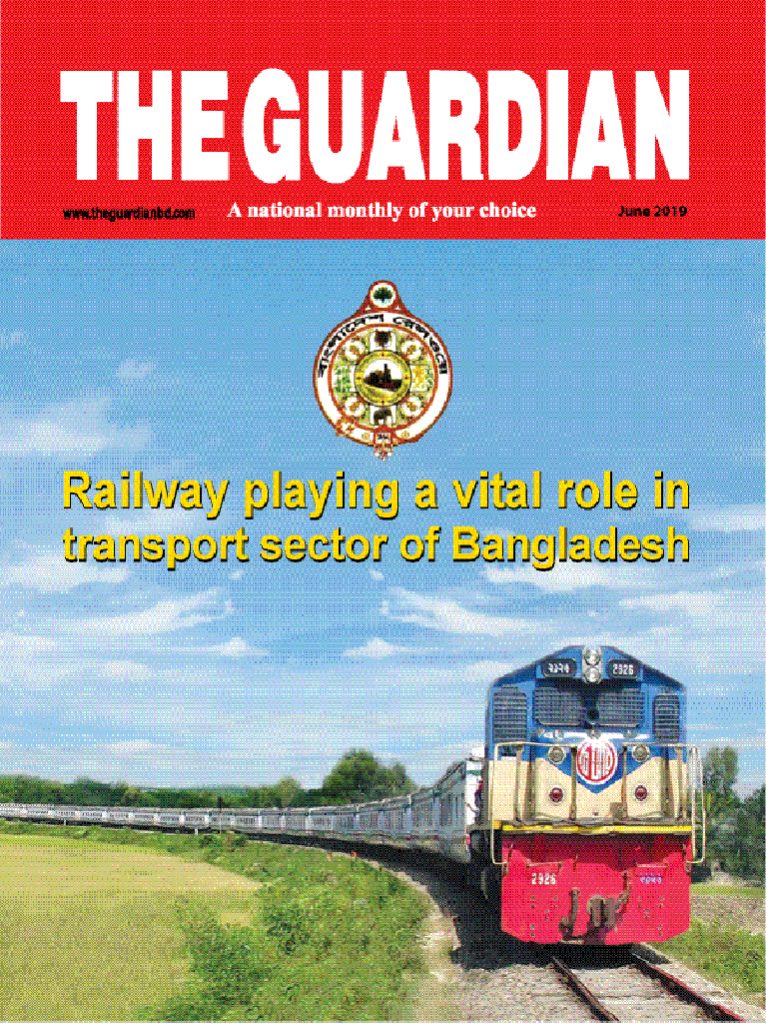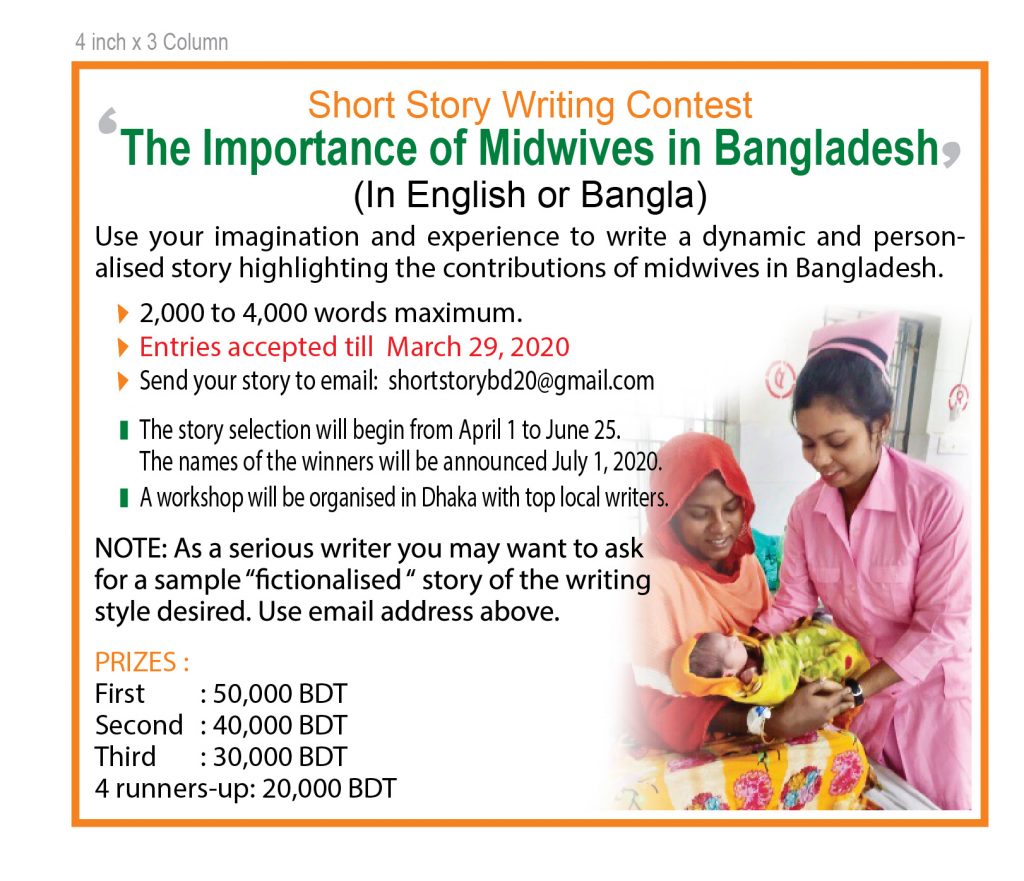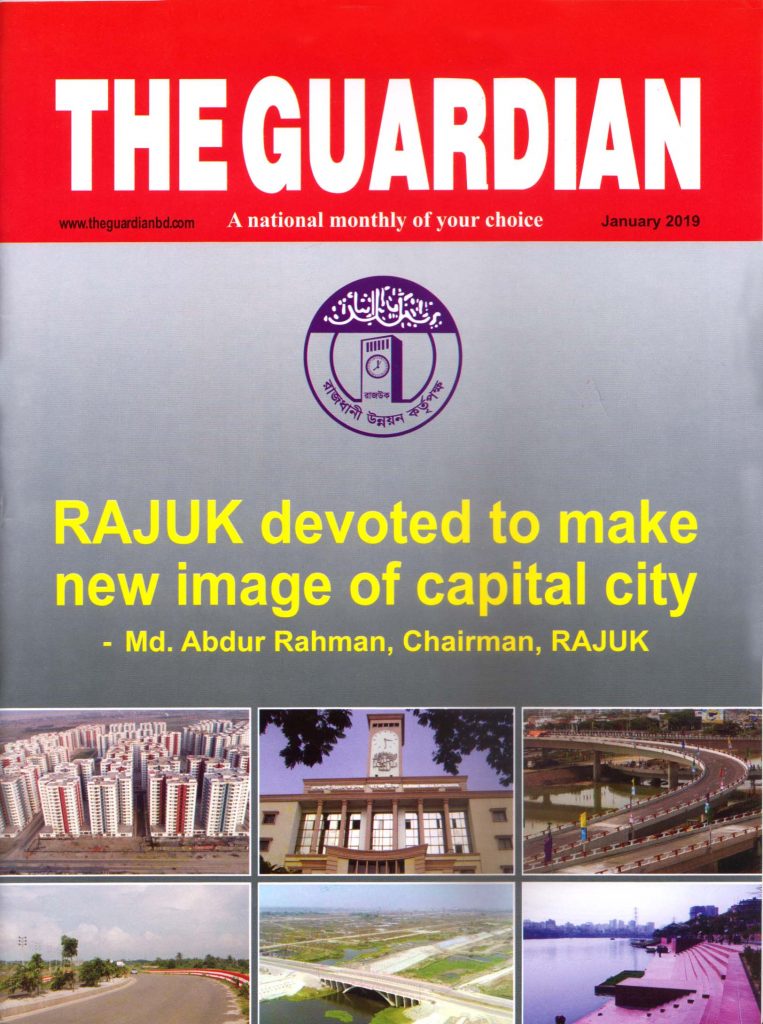I am not a micro finance worker and did not entangle myself in any organization of this kind, yet I have gathered some specific knowledge through close study that I want to ventilate from my practical experience.When I was a student of Ulster University of UK for studying MA in Government Financial Management in 2000, I was assigned by the University to do a dissertation on “Micro Credit: Is it a tool for empowering women” under the supervision of a professor of the University.
During the study I undertook to conduct a research on the activities of BRAC and Grameen Bank for field study, read important books, documents and consulted the stakeholders to see and measure the impact and effect of micro credit on poor women in terms of empowerment. It was a research project financed by DFID through the SCOPE Project carried out by the Ministry of Finance. So, I completed the dissertation with the financial grant of DFID which disbursed the money through HELM Corporation of UK and submitted it to the University. On this dissertation I was awarded the degree of MA in Government Financial Management.
It is to be mentioned here that for obtaining MA degree DFID set a rigorous procedure. For instance, 1) 6o government officers of various ministries participated in 4 months’ MAAB (Management, Accounting, Audit and Budget) Course and 22 officers were selected through competitive examination; 2) 22 officers were sent to Ulster Universities for doing a Certificate Course of 3 moths and those who succeeded got the chance to do Postgraduate Diploma for 3 months; 3) Again those who succeeded in completing Postgraduate Diploma by appearing at formal examination held by the University was allowed to do research based MA in Government Financial Management.

Md. Mahtab Uddin, Ex-Director General, FIMA, is seen with the international participants in INTOSAI Conference held in Tunis, Tunisia.
The students were allowed to select the topic of dissertation and submit a research proposal specifying how the research would be done, for instances, interviewing, data collection, empirical study, stakeholders, goal, objectives, benefits, etc. I chose ‘Micro Credit: Is it a tool for empowering women’ as micro finance was really a debatable issue in global arena.
Micro credit has been globally recognized, particularly by many international agencies like World Bank, IMF, etc. and many countries like USA and other western countries as well as an effective tool to enhance poverty alleviation. Another aspect of micro finance was the success rate of the micro lending institutions which could recover their loan almost 98% when success of traditional banking institutions range from 60% to 70%. The third aspect which was generally accepted as very effective for poor women that they are getting access to loan without any collateral mortgage in the wake of refusal of loan by the traditional banking institutions.
It is said that women were also entitled to loan and it should be their inherent right for enabling them to improve their own fate as well as contribute to the economic development of the family and country. Further, improvement of poor women’s economic condition would improve their status in the society as they would be valued in family in terms of decision making and choice making.
The focus of my research on micro credit was to see and measure the impact on women as to how much they were empowered in the family and society through lending money from micro finance institutions. For this purpose, I undertook field study in the area of BRAC and Grameen Bank encompassing two upazilas of Rajshahi district- Paba and Puthia. The nucleus of micro finance activities of these two organizations was village groups which were consisted of 5/6 poor women under leadership of one selected by themselves. Though loans were disbursed initially to an individual woman, it ultimately went to the group which was fully responsible for recovery and failure.
So group responsibilities worked here which means if any loan takers fail to perform successfully, others would help her through advice in the weekly meeting in the presence of a representative of micro finance institution. If any woman faced any challenge in the family and society the group, being backed by micro finance institutions, would come forward to extricate her from the situation.
In my research I observed that empowerment of women was dependent on the improvement of economic condition which eventually hed to the assertion of power in the family and society. There was a controversy about the credit that with tiny credit (Tk. 4000/ to 5000/ at initial stage) how women could improve their lot and contributed to the economy of the country. Rather it was criticized that micro credit had been a tool for torture and family hassles to most of the women loan taker who borrowed from Grameen Bank and BRAC.
Critics were not always true as many women were found to have improved their lot despite the fact that many women had to suffer a lot losing their money and properties. The women who failed to improve their lot should not be flatly blamed on account of inefficiency, rather they fell victim to the circumstances; say for example, the cow purchased by many of them died of some diseases. Sometime they do not get cooperation from the family to assert themselves in fixing the choices for investment or money had been taken away forcibly by husband or other for bad investment in earlier occasion. There were many other reasons for which they had to suffer a lot more than what they had expected to gain.
So impact of micro credit was diversified: i) a group of women could raise their economic conditions even much above the poverty line; ii) a significant group of women couldn’t or could slightly improve their economic conditions; and iii) a certain percentage rather incurred serious loss, making their family dysfunctional due to micro credit and they become much poorer.
Impact of micro credit could be viewed from another angle that these women who borrowed money were not appreciated by many of the societies though they could bring amelioration in the family, the reason which could be attached to this attitude was that these women held meeting every week to discuss the role of the individual including group head. Not only criticizing the opponents, sometime came heavily to make confrontation along with many problem makers in a group. There were other reasons too. Micro credit program was not liked by many persons when they saw women to sit with the representative of BRAC or Grameen Bank in violation of religious and customary rules.
It was found in my research that empowerment of women actually went parallel with the economic improvement of women. Those who could not raise their economic standards could not also enhance their power and status. What is empowerment for women is a big question as it has become a relative term. What is considered as a real improvement is nothing in the eye of others. However, these, I mean power and status, were measured under some criteria such as their role in decision making, choosing investment, freedom in spending money, enhancement of value in the society, awareness of social right and responsibilities, health consciousness, family education, food and clothing intake.
In the study it was seen that women could not derive benefit equally from all criteria concerning empowerment meaning raising economic standards, status in the family and society. Here we can assess the result under different criteria one by one.
a. Decision making: Women members of BRAC and Grameen Bank can play more roles in decision making in the family than the non members of their neighbors. Member women’s families who are keenly aspirant for the loan to be taken by their wives. Because the loan is very necessary for them and the male members are not getting any loan from BRAC or Grameen Bankn or even from any person in the society or traditional loan giving agencies. This phenomenon has increased the chances for women to give their opinion and advices in the family matter.
b. Choosing investment: In our society, particularly in the rural areas, women are considered ineligible persons to select the economic choices or options as they are not very knowledgeable and intelligent persons. Breaking this kind of mentality of the male, many women members of Grameen Bank and BRAC have performed well and become successful entrepreneur by learning many things from the weekly meeting through their attendance like a regular student of the school. They are even advanced in arithmetical calculation and can assess the cost and benefit of a tentative investment.
c. Enhancement of value: This is a very relative term as the members consider themselves as more valuable and respectable persons more than ever while non-members have different views about them. Even a group of people in the society consider these women as problem maker breaking social laws and rules to a great extent. However, in own family they are valued where the economic conditions have gone better and in the society they have gained strength to jointly face social adversities and learn survival skills.
d. Freedom in spending money: The result is almost as same as enhancement of value. Yet member women can claim that they can exert themselves more than before. Though it is not possible for them to make a luxury, but they can fulfill their desire a lot more in the use of cosmetics, going out of house without frequent permission of family head or buying some petty ornaments for themselves or other members of the family.
e. Awareness of social right and responsibilities: This is the area where women members can really claim some dignities over others, because they are trained so in the weekly meeting. Both Grameen Bank and BRAC have set some rules and slogans for them which they chant before commencement of every formal weekly meeting. For example, they chant: ‘we would not take or give dowry, we would drink clean water, we would use pucca latrine, we would sent our children to school, etc.’ These women are aware of their social right and responsibilities, and work together if anybody tries to go to the extent of infringement of their social rights.
f. Health consciousness: Women members of Grameen Bank and BRAC are trained how to maintain good health and maintain hygienic atmosphere in the family and sometimes they are provided with medicines too. They are urged to keep their house clean and tidy. Use of latrine and tube-well water and washing hand before taking any meal are like religious precept taught in the weekly meeting held by the group at the behest of BRAC and GB.
g. Schooling: Both BRAC and GB establish schools in the villages for the families of their women members, so in most of the cases the members of these families are not illiterate. They are all trained to calculate the value of the things they would sell or buy.
Conclusion
In conclusion, it can be said that micro credit program carried out by micro finance institutions has tremendous impact on the social awareness of the women. This impact in some cases is really appreciable for it has advanced the women society in rural areas than any other programs. So, micro credit institutions should not be viewed from one angle that is only poverty alleviation, but it advances the poor women in the society, particularly in rural areas.










